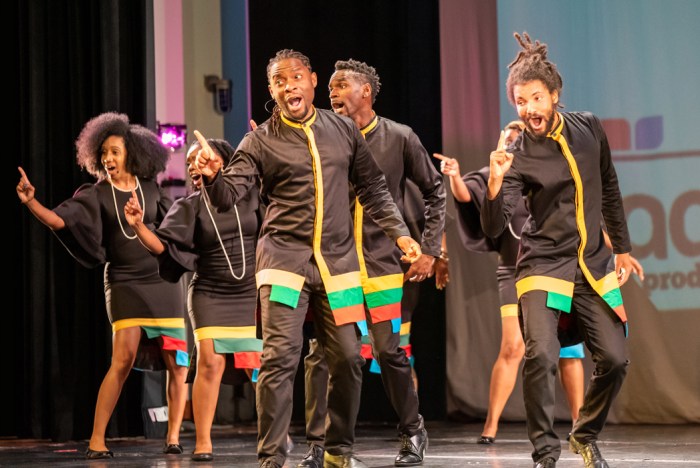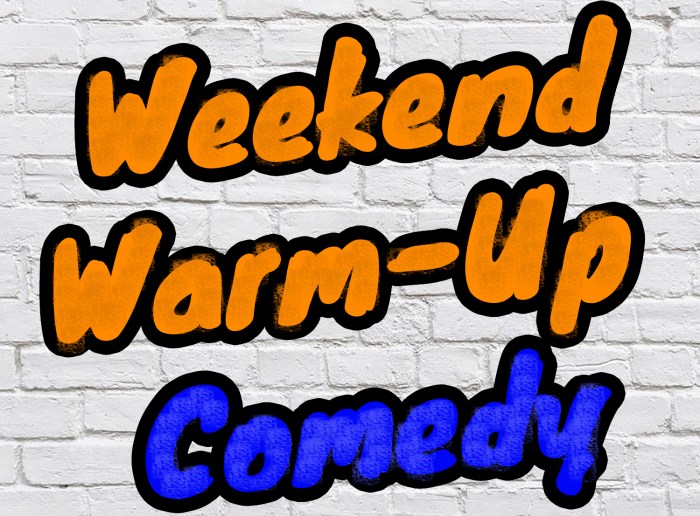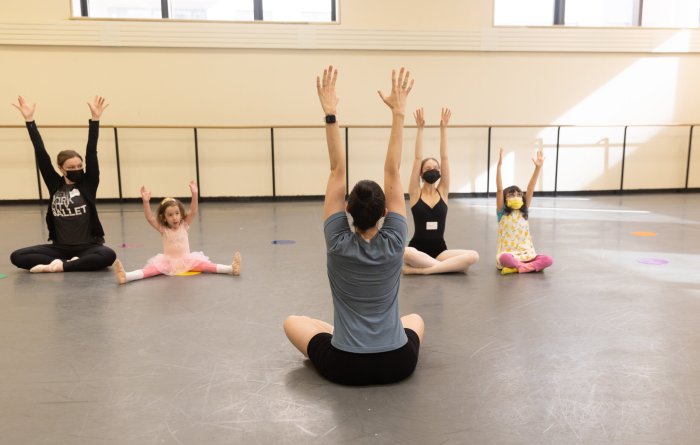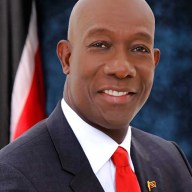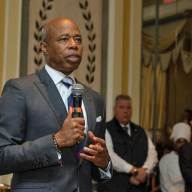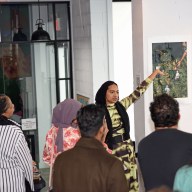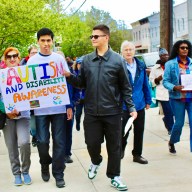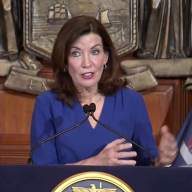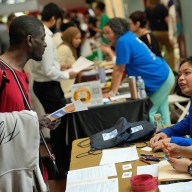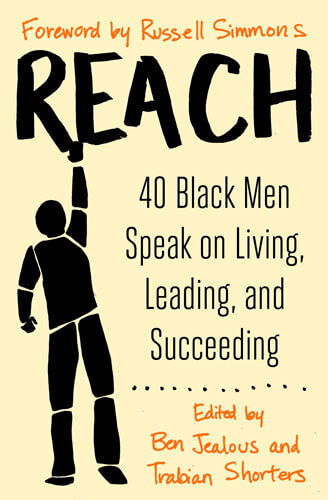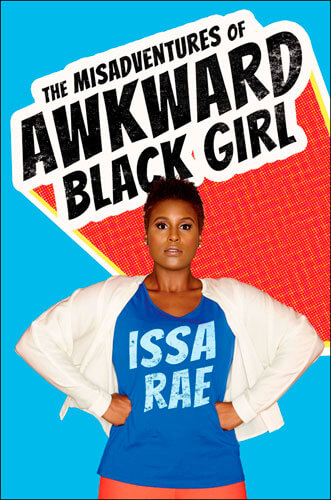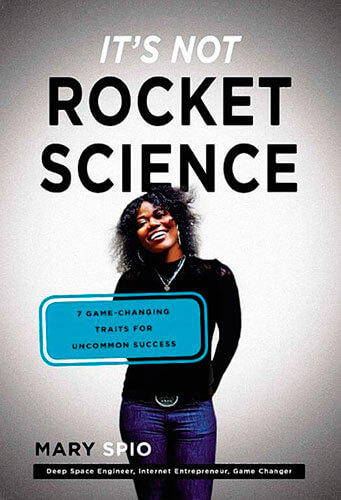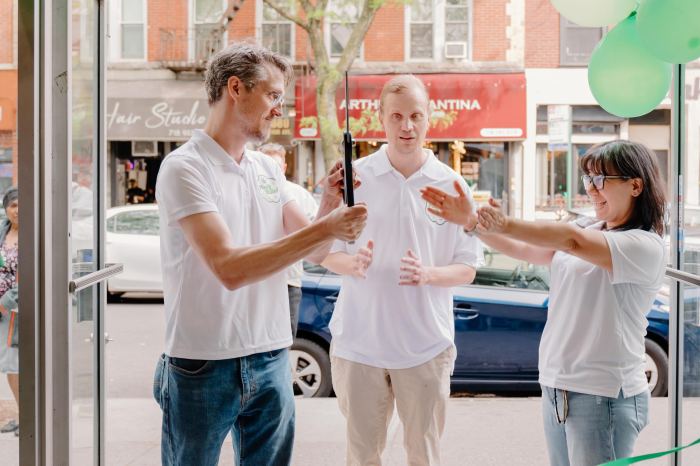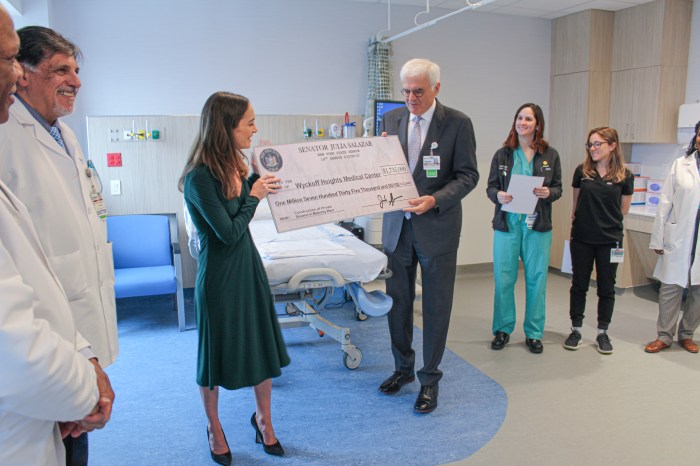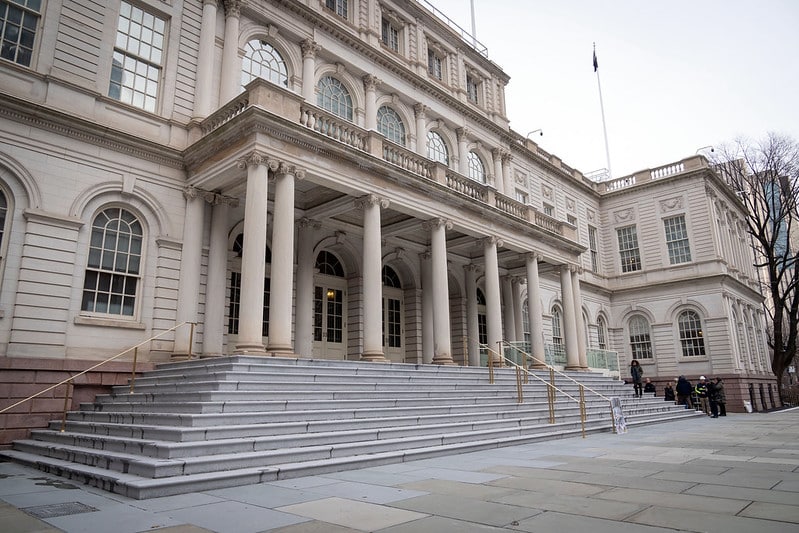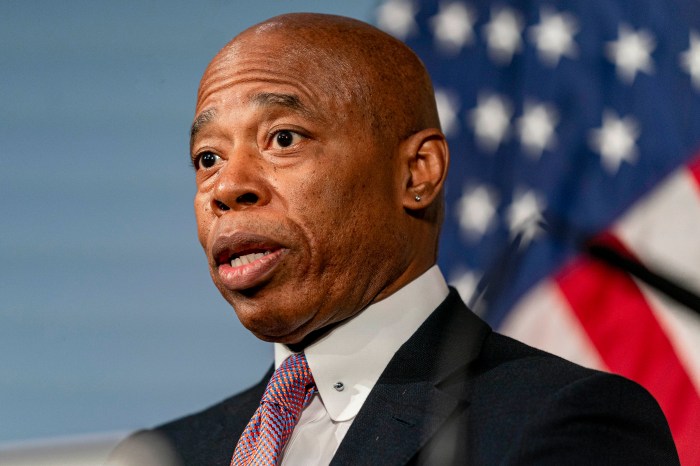“The Speech” by Gary Younge
c.2013, Haymarket Books
$19.95 / $21.99 Canada
180 pages
Imagine all the things that could be.
Go back to school, you could be a doctor or lawyer. Save money, and you could be rich(er). Learn a new skill, and you could be popular at parties. Teach a child, and she could be President someday.
Sometimes in life, a small decision that seems insignificant – or even wrong – turns out to be the most right thing that can happen. And in the new book “The Speech” by Gary Younge, you’ll see how an off-the-cuff choice created a legacy.
The year 1963 seemed to be a “turning point” in the Civil Rights Movement.
Before that, there were sit-ins, Freedom Riders, and boycotts; “[r]ace overwhelmed almost everything,” writes Younge. But in early summer that year, it got worse: Governor George Wallace personally stood in a schoolhouse doorway to keep Black students from attending college. In early fall, four Black girls died in a church bombing. And before winter arrived, John Kennedy was assassinated.
But in between these seminal events, Martin Luther King, Jr. made a speech.
For King, speechifying was routine. In all of 1963, he made “at least” 350 speeches, and many of them had a similar theme: aides noticed that he often used the words, “I have a dream,” and they were tired of it.
So on Aug. 27, 1963, the night before the March on Washington, when King asked for advice on the speech he was to give the next morning, they told him to ditch the dream. He’d “used it too many times…”
The next day, when King took the podium in front of the Lincoln Memorial, it appeared that he might’ve listened. His speech took people “to church,” but they’d already sat through other speeches. It was hot – 87 degrees. Some people left.
Then, witnesses claim, Mahalia Jackson shouted for King to “Tell them about the dream…”
So he did.
Some say that King’s speech that day was far from his best and “not nearly as powerful” as other speeches. Others criticized his words, saying they didn’t need a dreamer, they needed a “leader.” King himself was “well on the way to being a pariah” that August afternoon.
So why have those words left such a legacy?
In “The Speech,” author Gary Younge asks that question, too, and his skinny little, information-packed volume has the answer.
But in getting to the reason why that speech is one of the more memorable in American history, Younge sets the scene by mixing little-known facts with common knowledge about the Civil Rights Movement. He then explains how the March came together, why the speech became an iconic event, and the important impacts, politically and socially, that it still has, 50 years after it almost didn’t occur.
Reading a book about a speech might seem like a narrow focus, but this book has so much more. For students of history, I think, as well as for people who were there that August day, and especially for those who weren’t, “The Speech” could be what you need to read next.


